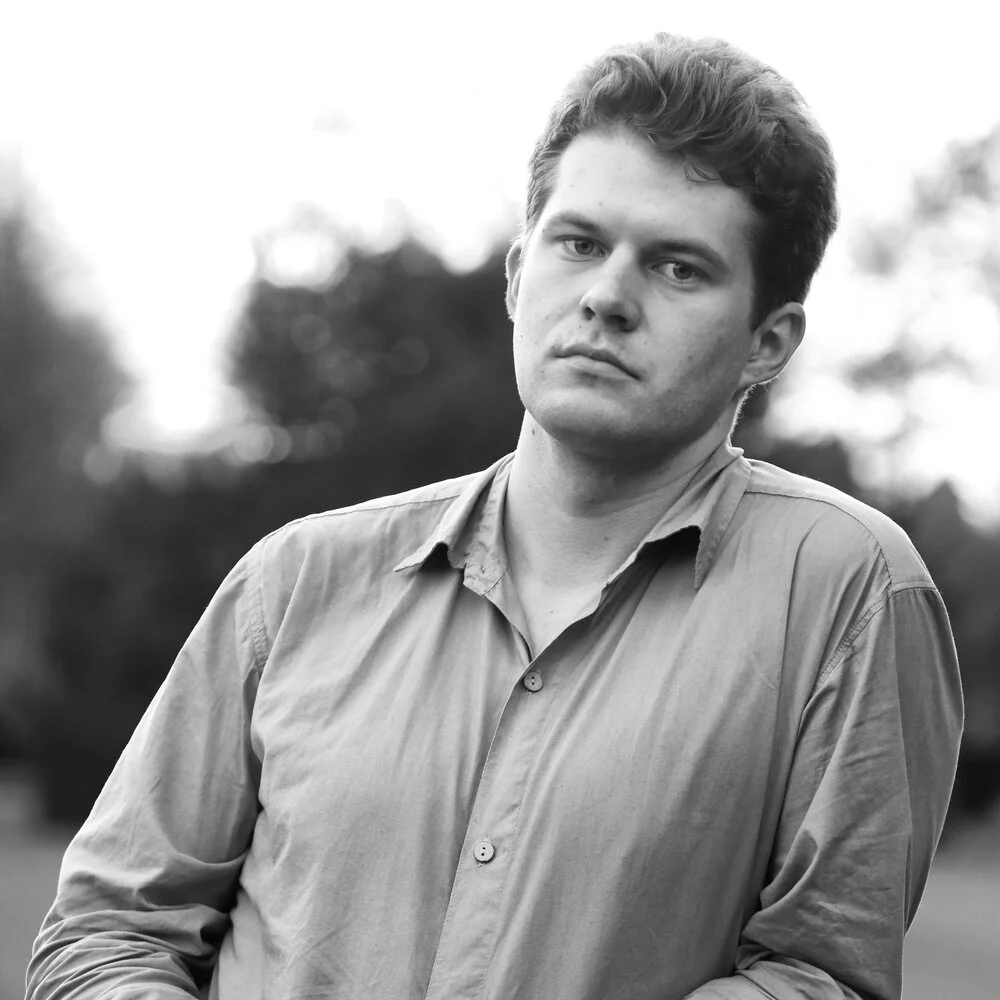(Highlights) PETER SUTORIS
/Anthropologist, Educator, Writer & Filmmaker
As a culture, how do we approach the environment? How do we approach the planet? Within our education systems are we emphasizing our arrogance? Or are we emphasizing our humility in the face of planetary-scale challenges? I think at the moment, from what I’ve seen in a number of countries, this huge focus on the natural sciences, hard science as a way of mastering nature. And perhaps less of a focus on social sciences, humanities that allow us to reflect a bit more deeply on our relationship more fundamentally with the planet.





